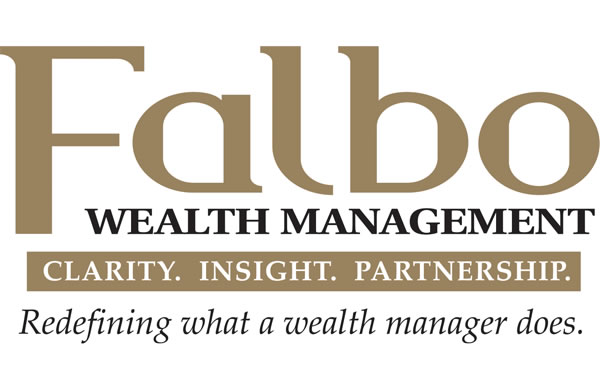For as long as there has been money, it has been widely debated whether it can buy happiness. Of course, the answer largely depends on how one defines “happiness,” which is a subjective definition rooted in one’s relationship with money. Therefore, for those seeking genuine happiness, it would be important to closely examine your relationship with money and the role it plays in your life.
Being Purposeful with Your Money Brings More Lasting Fulfillment
Given the time to gain a clear perspective on life, many people choose to seek purpose in their lives—a purpose that extends beyond their own material needs. For them, it’s a reason to jump out of bed in the morning and find ways to give back to their community. It’s how they find their passion and a legacy they can leave behind. For people driven by something greater than themselves, life is better, more motivating, and much more rewarding. So why doesn’t everyone do it?
The answer may lie in the way we perceive the role of money in our lives. For many, money is a means to an end. But what is that end? For status seekers, it may be about achieving more status, which could mean they can never have enough money. Others might like the idea of having enough money to enjoy a particular lifestyle, but they don’t lose sight of the things money can’t buy in life. For them, money might bring satisfaction, but their happiness comes from life’s fulfillment.
Elevating the Purpose of Money in Your Life
Being purposeful with your money means making conscious decisions about how you earn, spend, save, and invest your funds so they align with your values and goals. Here are some steps you can take to be more purposeful with your money:
Clearly define your life ambition: Start by defining your short- and long-term financial goals in terms of what you want to achieve in life. Do you want to save for a specific purchase, pay off debt, invest for retirement, or support a cause you care about? A clear understanding of your life ambitions will give you a sense of purpose and guide your financial decisions.
Create a spending plan: Develop a spending plan that aligns with your goals and priorities. Track your income and expenses to determine where your money is going. This can help you identify unnecessary expenses you can reduce to allocate more funds towards the things that truly matter to you.
Practice conscious spending: Before making any purchase or financial decision, ask yourself whether it aligns with your values and goals. Consider if the decision will lead to long-term satisfaction or just fleeting happiness.
Research and educate yourself: Take the time to educate yourself about personal finance and investment options. Understanding the risks and rewards associated with different investments can help you make informed decisions and invest your money purposefully.
Align investments with your values: Consider allocating a portion of your investment funds to companies and industries that align with your values. You could invest in companies that support your causes or look for investment opportunities with local small businesses or promising start-ups.
Become more charitably inclined: For many families, the true value of money is in the shared value it can create for society by leveraging what they have and being of service to others. A plan to give back to society can include the whole family volunteering, participating in clothing drives, and other fundraising activities. You can also systematically give to your favorite charities through donor-advised funds. Ask your financial advisor about how they work.
Find your passion: Don’t settle for coasting through the next stage in your life without being able to apply your talents in a meaningful way. At some point, it’s no longer enough to know you will have enough money; you need to know how to make the most of it. Consider trading in work you no longer want to do for work you really enjoy doing, whether through volunteering, monetizing a hobby, starting a new business, or helping others acquire your knowledge and skill set.
Being purposeful with your money is a journey that takes time and effort to develop. It starts with having a clearly defined vision of what a good life looks like and the ambition to pursue it. You’ll have greater success if you start small, making incremental changes while celebrating your progress along the way.
When you look towards your future, what do you see?
Let us look at where you are today and create a financial plan to pursue your vision for the future. We’ll listen to your concerns and help you picture opportunities. In our relationships with clients, our only agenda is to support you in managing your wealth to do what you want, when you want, and how you want.
After all, true wealth can only be measured by what matters most to you. At Falbo Wealth Management, we empower you to define financial confidence on your terms and help you manage your wealth with a sharp focus on pursuing your personal goals.
The opinions voiced in this material are for general information only and are not intended to provide specific advice or recommendations for any individual.
